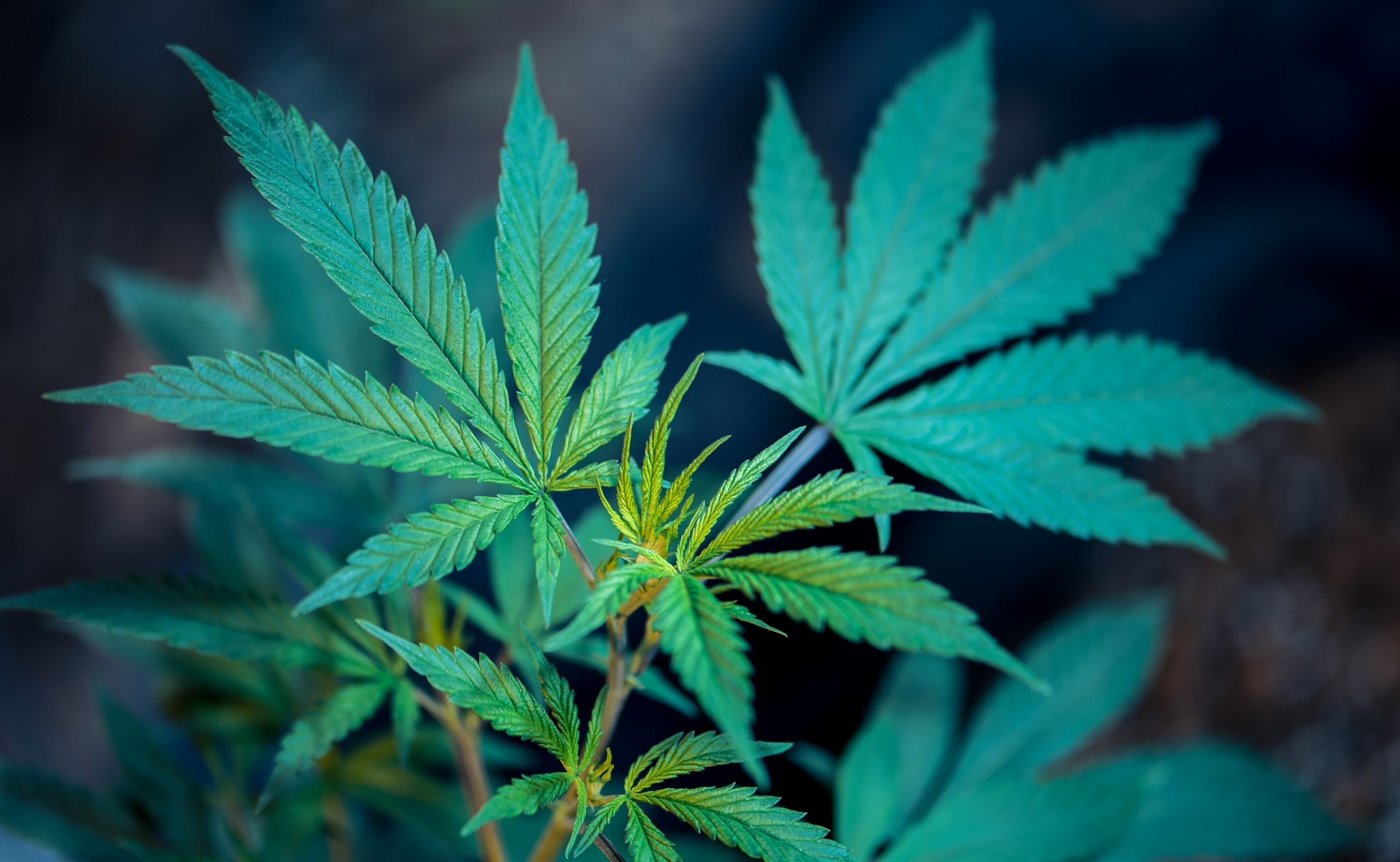The Dangers of Smoking Weed During Pregnancy
Home | California Addiction Treatment Center | Dual Diagnosis | Verify Benefits dffsd
Discover the Risks Involved With
Smoking Marijuana
During Pregnancy

Birth Complications From Smoking Weed While Pregnant
The research has shown that there may be complications during birth among babies born to women who smoke weed while pregnant. A report in the medical journal BMJ Open reviewed the results of 24 different studies. They analyzed the risks associated with marijuana use during the prenatal period. The findings of the review indicated that babies who experience prenatal marijuana exposure are more likely to be born at low birth weights when compared to those with no marijuana exposure. Babies whose mothers used weed during pregnancy were also more likely to require admission to the neonatal intensive care unit after birth.
Low Birth Weight Without Co-Occurring Tobacco Use
A more recent study confirmed these findings and demonstrated that marijuana use can contribute to low birth weight independently of tobacco use.

In addition to low birth weight and placement in the neonatal intensive care unit, mothers who smoke weed while pregnant may be increasing the risk of behavioral and cognitive problems in their children later in life. A 2018 report in the journal Paediatric and Perinatal Epidemiology analyzed the results of seven studies that assessed the impact of exposure to marijuana in utero. Some of the studies showed that children exposed to marijuana during the prenatal period experienced deficits in:
•Memory
•Problem-solving
•Impulse control
•Numerical reasoning
•Verbal skills
•Visual skills
The report’s authors, who were associated with the Centers for Disease Control and Prevention in Atlanta, Georgia, concluded that marijuana could harm the brain development of children born to women who smoke weed while pregnant.
The Impact of Marijuana the Child Grows
A second report, published in a 2016 edition of the journal Data in Brief, reviewed the results of three longitudinal studies that assessed the outcomes associated with prenatal marijuana exposure. The results of the three studies showed that children born to women who smoke weed while pregnant may experience lasting behavioral and psychological consequences.
Lasting Effects in Children
One of the reviewed studies showed that children exposed to marijuana in utero showed lasting effects as the child grew, including:
Age 4: decreased verbal skills and memory
Age 6: poor attention and increased impulsivity and hyperactivity
Ages 9-12: increased impulsivity and decreased visual perception
Ages 13-16: lower concentration, visual memory, and verbal reasoning abilities
The second reviewed studied confirmed many of the findings of the first, showing that children exposed to marijuana in utero demonstrated sleep disturbances at age 3 as well as lower concentration and general intelligence at age 6. Six-year-old children with a history of prenatal marijuana exposure also showed decreased verbal and quantitative reasoning and short-term memory. These children also showed increased impulsivity, hyperactivity, and delinquency. The decreases in general intelligence and concentration among marijuana-exposed children persisted to age 10; delinquency was also more common at age 10 and age 14 among children exposed to marijuana in utero.
The third reviewed study showed that girls with prenatal marijuana exposure were more likely to be aggressive and to show poor attention at the age of 18 months.
Reducing the Risks of Prenatal Marijuana Exposure
The research has demonstrated that children born to women who smoke weed while pregnant are at risk of behavioral and psychological consequences, but these risks can be reduced. In 2016, researchers working for the University of Maryland School of Medicine and Behavioral Health System Baltimore conducted a study at a university prenatal clinic. The rates of marijuana use among women in the study were rather high. Of the 396 women receiving prenatal care during the study, 29 percent tested positive for marijuana during their first appointment at the clinic.
Prenatal Care Helps
Despite the high rates of marijuana use, outcomes were positive for the women in the study. Those who used marijuana were just as likely to receive prenatal care as those who were not marijuana users. Furthermore, only 1.9 percent of the women were positive for marijuana at the time they delivered their babies, demonstrating that many women can become abstinent from marijuana during pregnancy. The results of this study are especially encouraging, as the women who tested positive for marijuana during their first clinic visit demonstrated numerous other risk factors, such as lower rates of employment and high school graduation coupled with an increased likelihood of being abused in the past and of experiencing a depressed mood.
Women with a lengthy history of marijuana use and dependence may benefit from referrals to addiction treatment programs to help achieve abstinence from marijuana. Those with a history of abuse or depression may also benefit from talking to a counselor to help develop strategies for coping with stressors and emotions. Risk factors such as unemployment and lack of education show that seeking out supportive services such as medical benefits, GED programs, or job training programs may be helpful.
If you are pregnant and want to give up marijuana, talk with your prenatal care providers about strategies for quitting and discuss the specific risks associated with smoking weed while pregnant. With supportive services and a willingness to no longer smoke weed while pregnant, you can prevent the negative outcomes associated with prenatal marijuana exposure.
- American Journal of Obstetrics and Gynecology
- BMJ Open
- Neurotoxicology and Teratology
- Paediatric and Perinatal Epidemiology
- Data in Brief
- Archives of Women’s Mental Health

We Work With Most Major Insurance Providers
The Safe Harbor Treatment Center Admissions Team works to ensure that we can help as many people struggling with substance abuse. Verify your benefits now and we’ll get back to you right away.
Receive the highest level of care available at Safe Harbor. We are here to answer your call or fill out our confidential contact form to get started.

